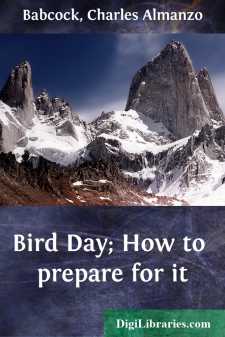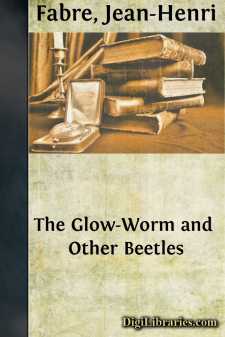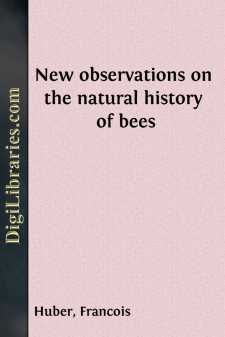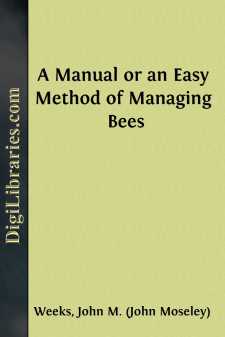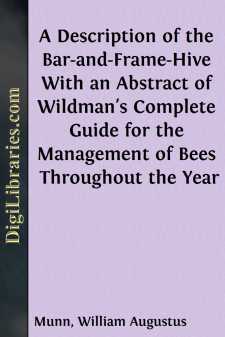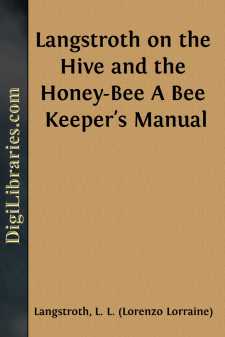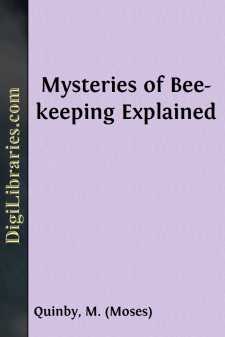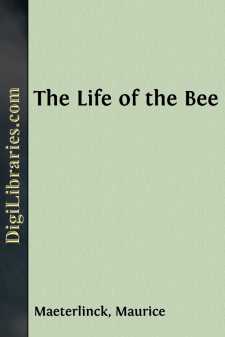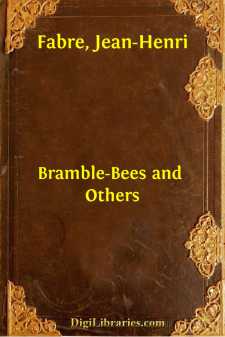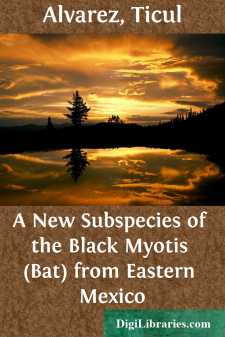Nature
Nature Books
Sort by:
HISTORY OF THE MOVEMENT FOR "BIRD DAY" In the spring of 1894 the writer's attention was attracted to the interest of the children in that part of their nature study which related to birds. Their descriptions of the appearance and habits of the birds they had observed were given with evident pleasure. They had a strong desire to tell what they had seen, not in the spirit of rivalry, but...
more...
by:
Jean-Henri Fabre
CHAPTER ITHE GLOW-WORM Few insects in our climes vie in popular fame with the Glow-worm, that curious little animal which, to celebrate the little joys of life, kindles a beacon at its tail-end. Who does not know it, at least by name? Who has not seen it roam amid the grass, like a spark fallen from the moon at its full? The Greeks of old called it [Greek: lampouris], meaning, the bright-tailed....
more...
by:
Francois Huber
ON THE IMPREGNATION OF THE QUEEN BEE. SIR, When I had the honour at Genthod of giving you an account of my principal experiments on bees, you desired me to transmit a written detail, that you might consider them with greater attention. I hasten, therefore, to extract the following observations from my journal.—As nothing can be more flattering to me than the interest you take in my researches, permit...
more...
RULE I. ON THE CONSTRUCTION OF A BEE-HIVE. A bee-hive should be made of sound boards, free from shakes and cracks; it should also be planed smooth, inside and out, made in a workmanlike manner, and painted on its outside. REMARKS. That a bee-hive should be made perfect, so as to exclude light and air, is obvious from the fact, that the bees will finish what the workman has neglected, by plastering up...
more...
PREFACE Having been frequently requested to explain the use of the bar-and-frame-hive, in the management of bees, I have been induced to print the following pamphlet, to point out the advantages this new hive possesses over the common ones. I have added extracts from various authorities to show the importance of transporting bees for a change of pasturage, and thus prolonging the honey harvest....
more...
L. L. LANGSTROTH'S MOVABLE COMB HIVE.Patented October 5, 1862. Each comb in this hive is attached to a separate, movable frame, and in less than five minutes they may all be taken out, without cutting or injuring them, or at all enraging the bees. Weak stocks may be quickly strengthened by helping them to honey and maturing brood from stronger ones; queenless colonies may be rescued from certain...
more...
PREFACE. Before the reader decides that an apology is necessary for the introduction of another work on bees into the presence of those already before the public, it is hoped that he will have the patience to examine the contents of this. The writer of the following pages commenced beekeeping in 1828, without any knowledge of the business to assist him, save a few directions about hiving, smoking them...
more...
LET us now, in order to form a clearer conception of the bees' intellectual power, proceed to consider their methods of inter-communication. There can be no doubting that they understand each other; and indeed it were surely impossible for a republic so considerable, wherein the labours are so varied and so marvellously combined, to subsist amid the silence and spiritual isolation of so many...
more...
by:
Jean-Henri Fabre
CHAPTER 1. BRAMBLE-DWELLERS. The peasant, as he trims his hedge, whose riotous tangle threatens to encroach upon the road, cuts the trailing stems of the bramble a foot or two from the ground and leaves the root-stock, which soon dries up. These bramble-stumps, sheltered and protected by the thorny brushwood, are in great demand among a host of Hymenoptera who have families to settle. The stump, when...
more...
by:
Ticul Alvarez
In 1928 when Miller and Allen (Bull. U. S. Nat. Mus., 144) published their revisionary account of American bats of the genus Myotis, the black myotis, Myotis nigricans, was known no farther north than Chiapas and Campeche. Collections of mammals made in recent years for the Museum of Natural History of The University of Kansas include specimens of M. nigricans from eastern Mexico as far north as...
more...


